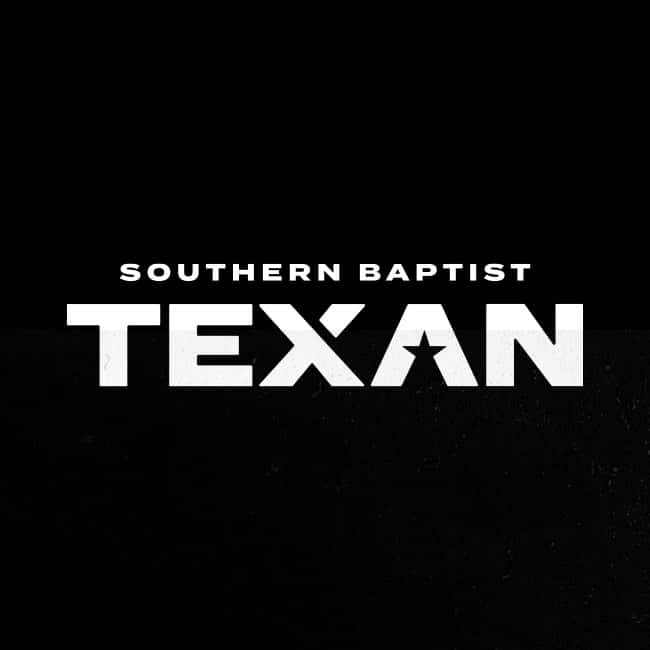| How are we to understand the connection between faith and works? This tension has resulted in earth-shaking religious movements, new denominations and even wars. An emphasis on works as the essence of the gospel becomes a man-made religion. Faith without works is dead. We may writhe on the nexus of this tension until Jesus comes. Balance is always hard.
I began to think on these things after reading an article on Habitat for Humanity in Christianity Today. The organization is thoroughly Christian in its leadership and in its intent. They are also focused completely on one benevolent priority?housing. In serving this priority, it was recognized that building houses for all who need them takes a lot of people and thus non-Christian groups and even other religions participate in the work. Habitat hands out Bibles and opens in prayer in most affiliates. What they do grows out of the gospel at work in the lives of Habitat’s founder and board of trustees. On the local and practical level, though, the gospel must sometimes be inferred from good works done by Baptists, Methodists, Buddhists, and atheists. It’s not that Buddhists can’t do good works but it becomes merely a good work when done by the lost. This shift of focus comes when a means of showing God’s love becomes the bottom line. I don’t gainsay the work of Habitat. They do a good thing for admirable reasons. I don’t believe this organization is model for evangelism, though. Some churches experience a similar shift of focus. What starts as evangelism becomes “outreach,” and then mere “contacts.” It’s low pressure and even lower impact. This is a degradation from heartfelt witness to warm invitation to casual greeting. Think of servant evangelism or some other “acts of random kindness” ministry. In these activities, participants hand out light bulbs, cold drinks, or some other useful thing with a simple gospel message. Maybe they will wash cars or clean up a park or do yard work as a part of the ministry. If a church decides that the priority should be that no one has a dirty car, the gospel becomes incidental. The local news outlets will give them more and sympathetic coverage if the work becomes more “servant” and less evangelism. Perhaps other groups would rally to the work so long as the religious aspect was not too prominent. It could be a success and still not change many lives. Biblically, good works are the result of changed lives. They are the proof of our new hearts. When James says that faith without works is dead, he is not saying that faith depends on works but that living faith will always produce righteous, loving behavior. When Jesus fed and healed and raised people from the dead, he was showing the compassion of God as well as his own credentials. He certainly had mercy on those he helped but his works had a message. Otherwise, he would have simply stood over the city and willed that all would be whole and filled. He didn’t do that. If I stop on the way home to help a man start his car he will not know that I’m a Christian simply because I do that. In fact, he may get the mistaken notion that I am a nice guy. Unless I tell him the rest of the story, that is. The point is that I should do both. I want to help with his car because God loves me and moves me to mercy. I want to tell him about Jesus for the same reasons. It is hard to understand a believer who does not care to help his neighbors in times of physical need or comfort. It is no easier to understand believers who feed, clothe, and house their neighbors and yet leave them in their sins. Both choices are expressions of an incomplete gospel. We must admit that most Christians are not preaching even an incomplete gospel. The change during my lifetime is that more churches are moving this direction. Programs like FAITH are promising to turn that trend around because the approach is basic and biblical. Whether it takes a program or not in your church, find ways to preach the whole gospel to your community. It’s what they need and it’s what God has given us to do. I heard a come-on for a state lottery once where winners could win up to $50,000. They said, “$50,000 won’t change your life but it will sure make your day.” True, true, but the gospel is about changed lives. The Great Commission is about new hearts. We are called to live according to our new nature?kind, gentle, patient, merciful, pure in heart, etc. We are specifically told to go, teach, and baptize. The former only changes lives when it opens the way to the latter. Otherwise we’re only making their day. |














